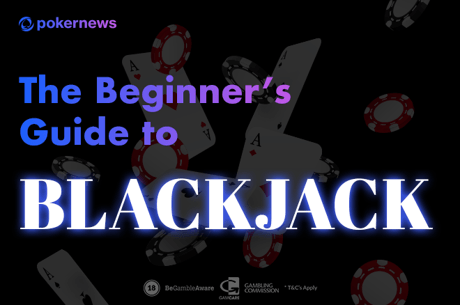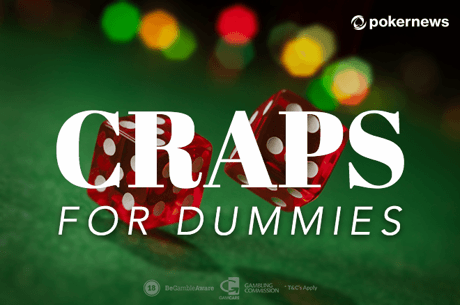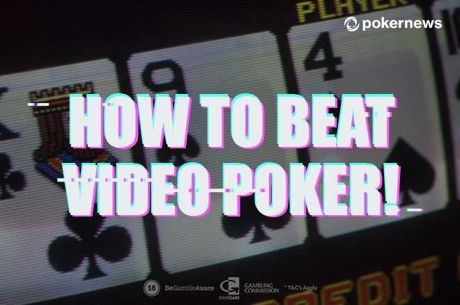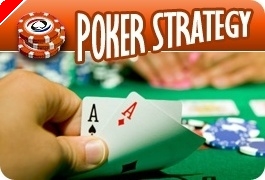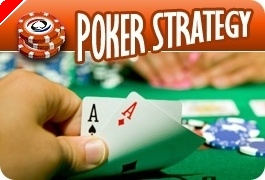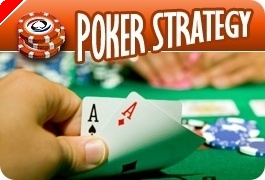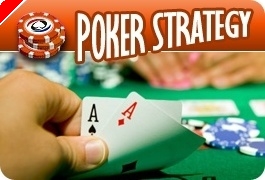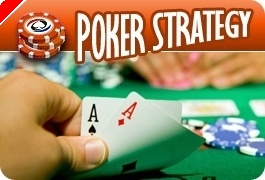Stud Poker Strategy: Theorem of Poker �C A Closer Look for Stud Players
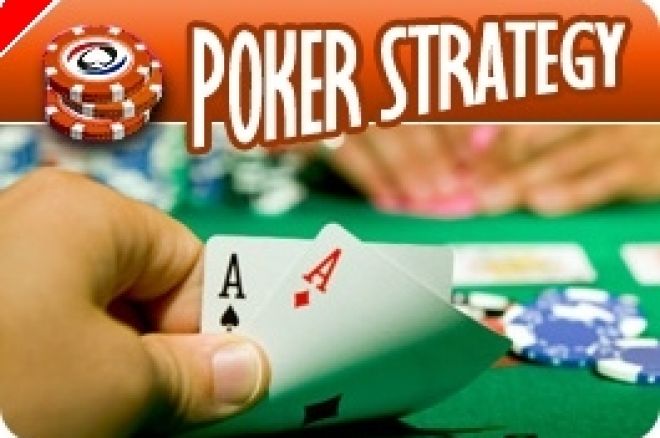
The Theory of Poker by David Sklansky should be on everyone's must-read list of poker books. It is a classic, for good reason. Within the book's pages Sklansky addresses, powerfully and broadly, winning concepts of play including how to read hands, strategic plays, how to conceal the strength of your hand with slow play, how to bluff, what a semi-bluff is, and many other critical pieces of strategic poker insight. If you haven't read it and mastered it, you should.
Contained within is Sklansky's oft-cited 'Fundamental Theorem of Poker'. Rather than summarize it, and run the risk of misconstruing or misrepresenting it, let me quote it for you here. It's not terribly long:
Every time you play a hand differently from the way you would have played it if you could see all your opponents' cards, they gain; and every time you play your hand the same way you would have played it if you could see all their cards, they lose. Conversely, every time opponents play their hands differently from the way they would have if they could see all your cards, you gain; and every time they play their hands the same way they would have played if they could see all your cards, you lose. �C David Sklansky, "The Theory of Poker"
Simple, straightforward, valuable, clear��
And wrong.
I know that it may be considered heretical in the religion of poker to challenge this statement. But though there is much in it that is valuable and correct, though many times this may be so, it is surely not correct every or time or nearly every time. And so, as a whole it is wrong. By the time you finish reading this series of articles, I'm sure that if you are open-minded, you will agree with me.
If both you and your opponent always knew the mathematically correct betting action when you and he viewed all of the cards in play, then if you got your opponent to deviate from his correct strategy because you mislead him about your cards, you would gain and he would lose �C and vice versa.
Everyone can agree that nearly all of the time, this would be the case when there were no more cards to come. If, for example, it was the river with no more cards to come, and you convinced your opponent by your raise that he should fold, when if he could see your cards he would have seen that he beat you, then you gain and he loses. True. Obvious. Similarly, if there were no more cards to come, and you had two pair, and your opponent's betting convinced you that he had a flush and you folded, when in fact if you could see his hand you would see that he has a busted flush and you would have correctly called, you would lose and he would gain.
But before the final round, when there are still cards to come, many players would make the wrong play even if they could see their opponents' cards. And so, paradoxically, if they deviated from that play that they would have made had they been able to see their opponents' cards, they might be backing into the right play.
It's weird, I know.
But here's the simple problem with many players' stud play. They do not know the correct play �C or they do not make the correct play even if they know it �C when there are more cards to come. And they make this wrong play not because they are fooled about their opponents' hands but because they just do not know the correct play in that situation.
Even knowing what their opponent has they fold when they should raise, they call when they should fold, they fold when they should call, etc.
Sklansky's Fundamental Theorem of Poker does not account for that serious problem, and in so doing it misleads players into focusing on mixing up their play and making deceptive plays when they should instead focus on learning the correct betting action based on what their opponent is likely to hold.
For me it's like giving a spoke wrench to a new owner of a bicycle. He will use this great tool. But because he hasn't been properly tutored he may well use it incorrectly, knocking the wheels of his bicycle out of true �C and ending up needing the help of a bike mechanic.
The saying goes, "A little knowledge is a dangerous thing." For me, teaching beginning and even intermediate players that they should focus on deception �C before they have mastered the fundamentals �C often pushes that player's game out of true�� with disastrous consequences.
In future columns I'll give you some examples of how players often misplay their hands �C even knowing or guessing correctly what their opponents have. And then I'll explain what the correct play is, and why. This, for me, is the critical step that Sklansky and others incorrectly presume poker players already have taken before applying the Fundamental Theorem of Poker.

